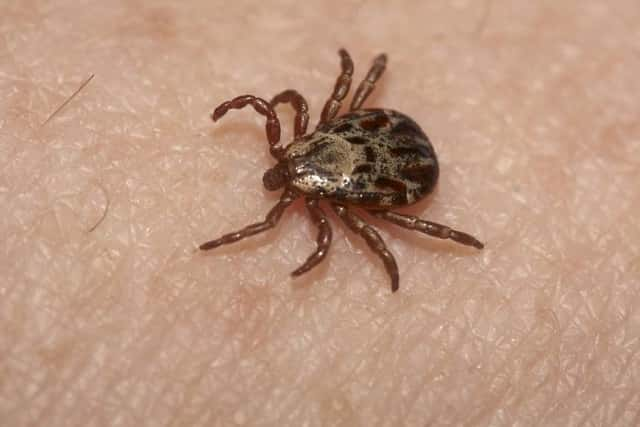
Officials within the Murray-Calloway County Hospital are reporting a recent spike in cases of Rocky Mountain spotted fever, and on Wednesday issued a regional warning about the tick-borne disease.
Physicians have treated 27 cases in the last eight weeks, an average of nearly four per week, and without proper treatment the bacterial infection can cause serious damage to internal organs — particularly one’s kidneys and heart.
Most commonly found in the southeastern portion of the US, early signs of RMSF include a severe headache accompanied by a high fever. Later, a rash usually appears around the wrists and ankles.
Prompt treatment with antibiotics is effective, and helps rid other symptoms such as chills, muscle aches, nausea and vomiting, and confusion with other neurological changes.
If an infected tick attaches to skin and feeds on blood for 6-to-10 hours, the infection could be transmitted. And ticks are most active during warm weather, when people tend to spend more time outdoors.
The sickness, however, is not contagious, and cannot be spread from person to person.
There are several things someone can do in order to prevent exposure:
— When removing a tick, use tweezers to grasp the tick near its head or mouth, and remove it carefully.
— Soak a removed tick in alcohol or flush it down a toilet.
— Clean the bite area with antiseptic, and wash hands thoroughly.
— Wear long pants and sleeves.
— Use insect repellents.
— Keep woodpiles in sunny areas and clear brush and leaves from yards.
RMSF complications, in severe cases, does include encephalitis, inflammation of the heart and lungs, kidney failure, amputation and death if untreated.






